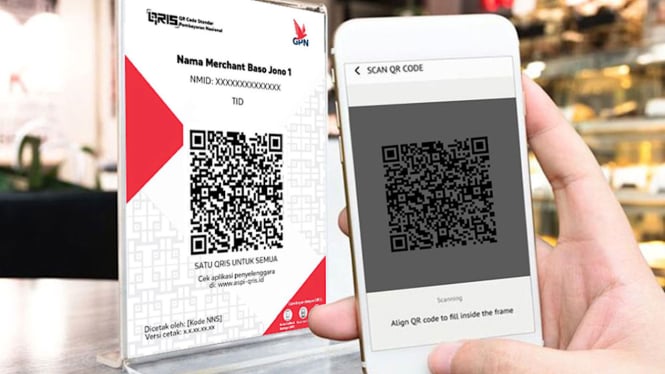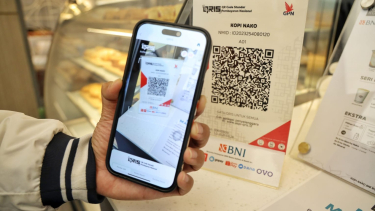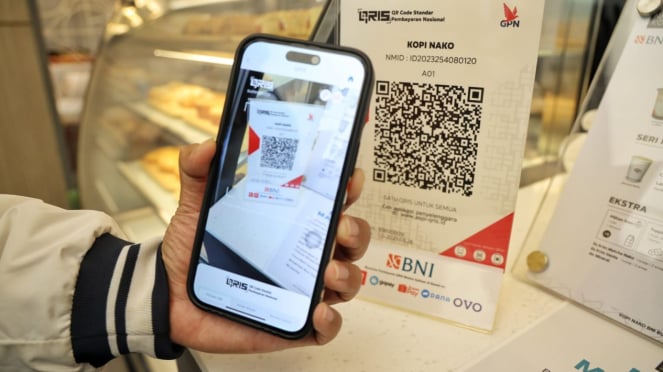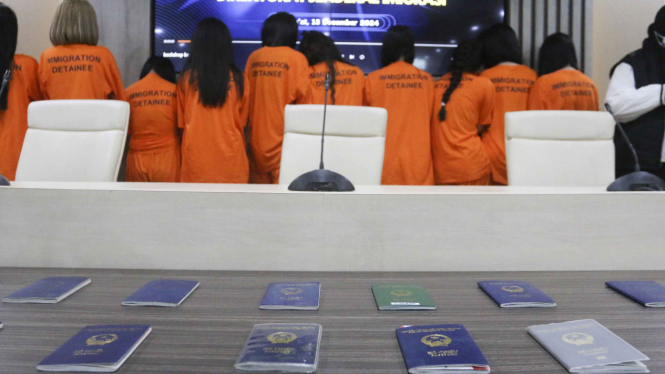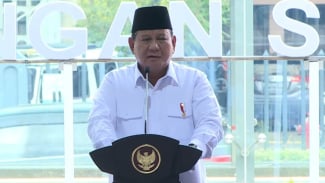Government Pushes QRIS Adoption for Digital Payments
- Dok: QRIS
Jakarta, VIVA – The government through the Ministry of Communication and Information Technology in collaboration with Bank Indonesia (BI) continue to push the use of QRIS in various fields.
One such initiative is the "UMKM Digital Adoption" program, which educates businesses on using and managing finances with digital technology.
Transaksi non tunai menggunakan QRIS BNI Mobile Banking
- BNI
I Nyoman Adhiarna, Secretary of the Directorate General of Informatics Applications at the Ministry of Communication and Information Technology said the use of QRIS has become increasingly widespread and simplifies transactions for the public.
"A few years ago, using QRIS was not as easy and practical as it is today," Adhiarna said on Saturday (August 3).
Financial digitalization literacy has been well-received by various segments of society. For instance, market traders have already adopted digital payments.
"We continue to promote the use of QRIS to MSMEs. One is through the UMKM Digital Adoption program so it can grow better in the digital era," he remarked.
He added, "Small traders have become accustomed to it, and we will continue to encourage this so that the government's infrastructure does not go to waste,"
Meanwhile, Doni Primanto Joewono, Deputy Governor of Bank Indonesia explained that the use of QRIS digital financial technology is showing a very positive trend.
He also urged stakeholders to protect the public to ensure they feel safe and comfortable using digital finance
"QRIS users have increased by up to 200 percent and it is now used by 59 million people and 30 million merchants. This is very impressive. The role of digital supports our economy because it is backed by the digital preferences of our society and our digitally savvy young generation," he concluded.

